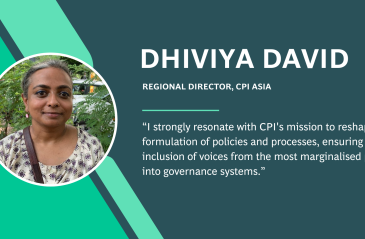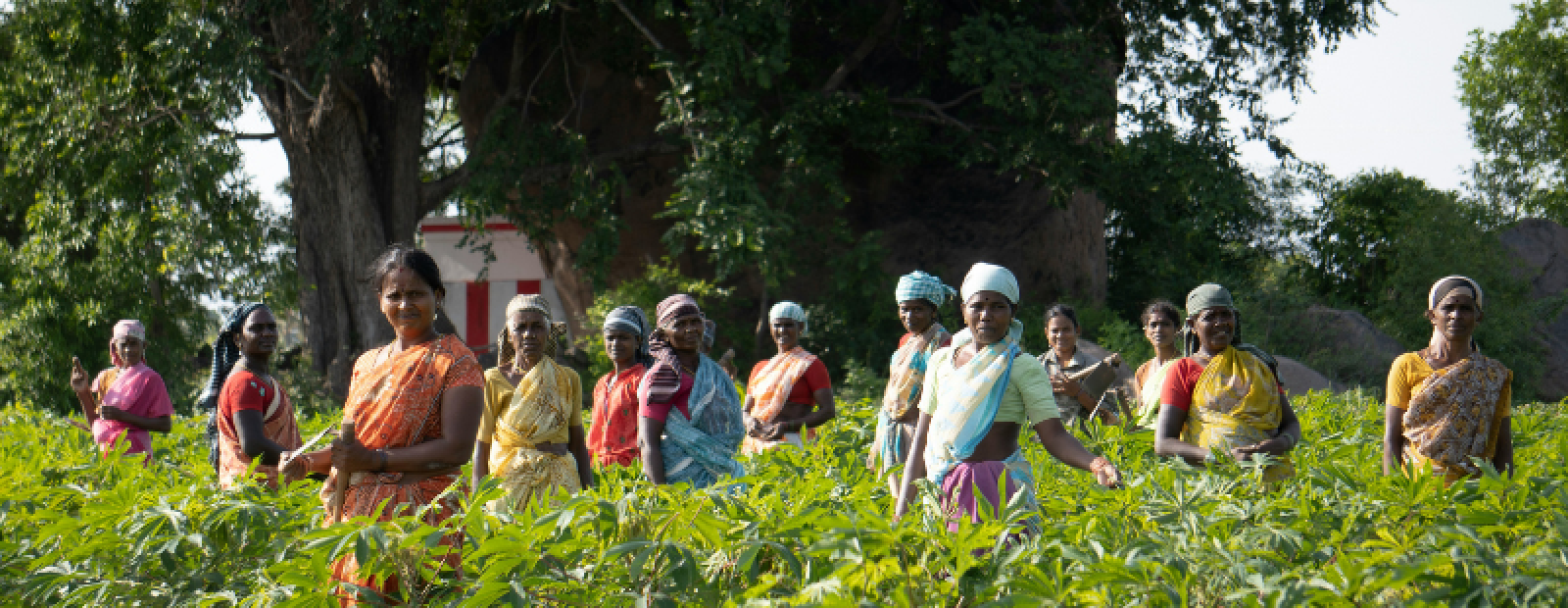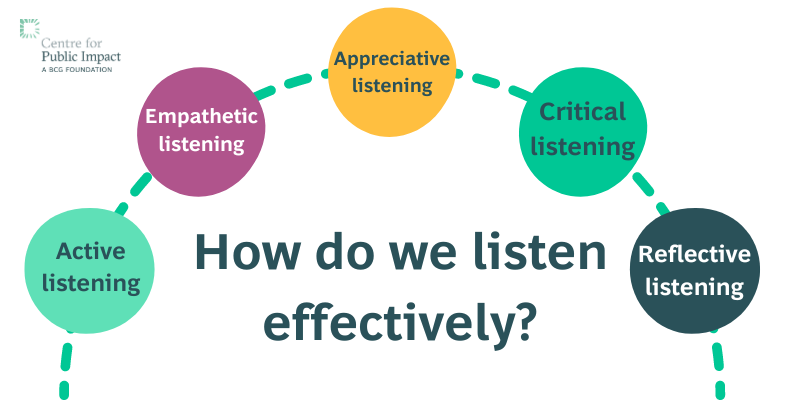

Listening as a tool to reimagine governance: Madina and Padma’s story
Article highlights
"Listening, particularly in the realm of governance, is not confined to mere conversations and reactive responses; it extends to the very essence of governance and serving citizens," states @anognya94.
Share articleHow do we listen effectively? From active and empathetic, to critical and reflective - @anognya94 discusses why the art of listening is central to good governance.
Share articleJoin @CPI_foundation's journey delving into the methods that governments employ to listen and engage with citizens, and how we could reshape listening to create more inclusive and responsive governance models.
Share articlePartnering for Learning
We put our vision for government into practice through learning partner projects that align with our values and help reimagine government so that it works for everyone.
The art of listening
"You know, Padma," Madina began, "Over the past five or six years, my dependence on NREGA has increased." (In 2005, India enacted the Mahatma Gandhi National Rural Employment Guarantee Act (MGNREGA), guaranteeing rural households 100 days of unskilled labour employment annually to enhance livelihoods and strengthen local economies.) Madina, a fictional smallholder farmer in Telangana, India, shares this update with Padma, the Gram Panchayat Secretary of her village, Bihara. During one of Padma's regular visits to the village to ensure services provided by the Gram Panchayat are properly delivered, she hears from Madina. |

Imagine you're Madina. What would you hope to hear from Padma once you share this update? How would you want her to respond to your increased reliance on NREGA? Take a few minutes to think through this.
Now, let's shift the lens — what if you were Padma? How would you react to Madina?
For both sides, the nature of your response is a testament to the art of listening.
Listening as the essence between government and citizens
Listening, particularly in the realm of governance, is not confined to mere conversations and reactive responses; it extends to the very essence of governance and serving citizens. It becomes a bridge that connects government organisations and public officials with the aspirations and concerns of the people they serve. This connection isn't just about hearing; it's about genuine understanding, responsive actions, and a collaborative spirit.
So, how do we listen effectively? Different types of listening play distinct roles in the process:
Active listening involves fully engaging with the speaker, absorbing not only their words but also the emotions and intentions underlying them.
Empathetic listening requires stepping into the speaker's shoes, feeling their emotions, and truly understanding their perspective.
Appreciative listening entails acknowledging and valuing the speaker's viewpoint, even if it differs from our own.
Critical listening demands evaluating and analysing the information shared to form well-founded conclusions.
Reflective listening centres on internalising what's said, allowing it to inform our future responses.

Listening to offer solutions, reflect, engage, or collaborate?
Let’s revisit Madina and Padma's scenario. As Madina shares her challenges, Padma finds herself at a crucial juncture, pondering the most effective type of listening. Before she makes that decision, she takes a step back to understand the purpose behind her act of listening.
Is it to offer solutions, reflect, engage in a dialogue, or collaborate?
In this instance, Padma's response carries immense significance as it lays the foundation for nurturing the relationship between a public official and a citizen. Active listening emerges as the key, enabling Padma to not only grasp the surface-level content of Madina's words but also discern the underlying nuances. On the other hand, empathetic listening empowers Padma to establish an emotional connection with Madina's struggles and create a bond of mutual comprehension. Meanwhile, appreciative listening underscores respect for Madina’s lived experience as a smallholder farmer.
If we step into the administrative realm, critical listening may equip Padma with the ability to assess the broader implications of Madina's circumstances on policy formulation. Or she could undertake reflective listening, encouraging Padma to internalise Madina's narrative and informing her future interactions and decision-making processes.
Listening through exploration
Amid this complex situation, what approach should Padma take? Perhaps the most fitting response is active listening. Through this approach, Padma engages Madina in a dialogue, asking probing questions such as:
Why has your dependence on NREGA increased?
Is this change in pattern unusual?
Are there specific seasons when you find yourself more reliant on it?
These questions form the bridge to a deeper exploration of Madina's experiences.
As the conversation unfolds, Padma's inquiries reveal a deeper reality — climate change has upended Madina's reliance on farming. Her livelihood now stands on uncertain ground due to frequent droughts and floods. This revelation propels Padma to delve further into the impact of climate change on smallholder farmers, leading her to explore potential village and block-level schemes that could address these challenges effectively.
This conversation between Madina and Padma illuminates how individual experiences can encapsulate larger governance issues. This is precisely where the role of listening gains its significance.
Join our journey
In the next blog, we will delve into the diverse methods that governments employ to listen and engage with citizens. We will examine achievements and hurdles to showcase how effective listening can be leveraged to address complex challenges, such as the impact of climate change on livelihoods.
Furthermore, our final blog will delve into innovative architectures to reshape government listening to bridge gaps and create more inclusive and responsive governance models. Join us on this transformative journey as we unlock the potential of listening to reimagine governance so that it works for everyone.
Written by:

You may also be interested in...


Let the (serious) games begin
